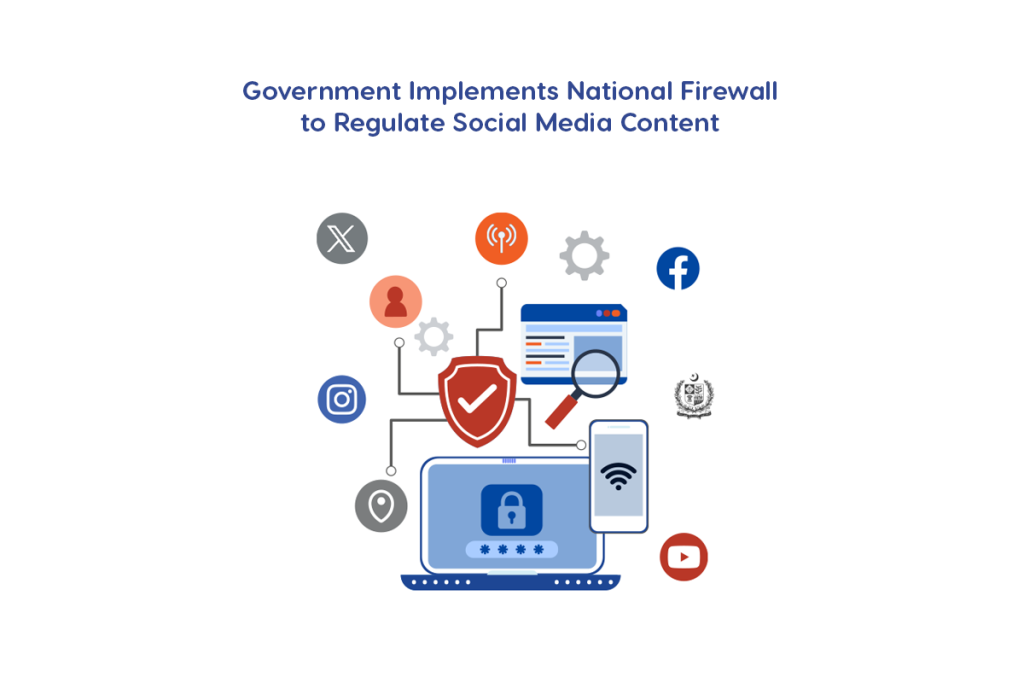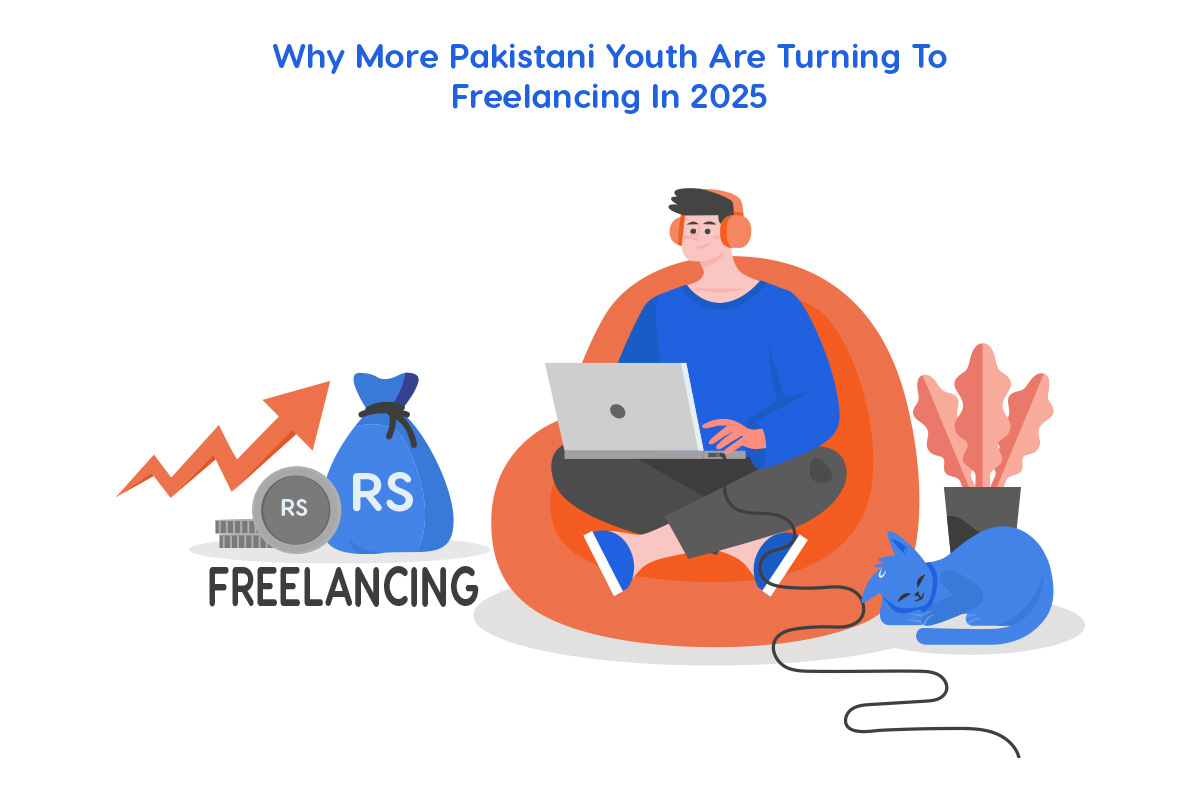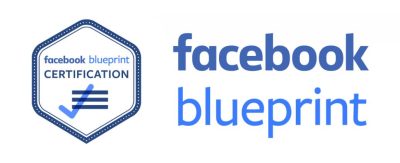According to a recent survey of worldwide internet users, approximately 37% of respondents believe that social media platforms should allow harmful content to be posted. Recently, the Federal government plans to install a national firewall to regulate content on all major social media platforms, such as X, Facebook, and YouTube.
Insiders revealed to Daily Ausaf that this move is designed to control the spread of undesirable content by examining IP addresses and filtering keywords. Authorities also stated that this national firewall will act as a filter that blocks dangerous posts from all social media platforms. In this blog, Tashheer’s team has conducted thorough research on the Government’s implementation of a national firewall to regulate social media content in Pakistan. When creating social media content, it is crucial to keep in mind several essential things, such as audience engagement, consistency, and quality. For more detailed insights, check out our guide on the Essential Things to Keep in Mind while Creating Social Media Content.

Purpose of the Firewall
Firewalls shield your network from unauthorized access by hackers, who use various tools to gain entry, such as backdoors, viruses, denial-of-service (DoS) attacks, remote logins, macros, phishing emails, social engineering, and spam. The main purpose of a National Firewall is to block harmful and illegal content on social media, such as hate speech, terrorist propaganda, fake news, and content that incites violence and public order.
Functionality of the National Firewall
National firewalls will also address the use of virtual private networks (VPNs), although initial restrictions on VPNs have met resistance from the corporate sector. The introduction of this new firewall system is a segment of the Pakistani government’s constant efforts to manage online content according to national regulations. This new firewall will review information from multiple internet protocol addresses, identify locations generating propaganda material, and reduce or block the visibility of such content. The system will include keyword filtering to detect and hide undesirable content, preventing it from being visible to external users.
Targeted Social Media Platforms
This firewall will watch over Facebook, YouTube, and X. Plans are in motion to regulate virtual private networks (VPNs) as well. Despite X being blocked by the government for months, users still access it through VPNs. Initially, cracking down on VPNs upset the business sector, so the authorities have paused the restriction for now. To ensure uninterrupted access to your favorite social media platforms, you might want to explore the Best VPNs to Easily Access Facebook, Twitter, and YouTube in Pakistan.
Impact on Social Media Usage
The X blockade has reduced its usage by almost half, from 4.5 million to 2.4 million users in Pakistan. X’s management appears to be gradually complying with the federal government’s demands to block accounts that discuss sensitive information openly and spread controversial content on the micro-blogging website.
Public and Corporate Response
The national firewall’s impact on people’s opinions is mixed. Some may welcome the government’s efforts to control harmful content, but others might worry about censorship and not being able to express themselves freely. Companies in Pakistan might find it tough to follow the new rules and might face limits on what they can do online. In April, the Interior Ministry presented a detailed report to the Islamabad High Court explaining why access to X was blocked in Pakistan. The report claimed that X was not registered in Pakistan and did not adhere to Pakistani laws. The report said X’s non-compliance with Pakistani laws led to its blockage. At the time, the Interior Ministry boldly stated that the request to block X did not violate fundamental rights.
Final Words
Pakistani social media is affected by faith-based hate, mainly targeting Sikhs, Ahmadis, Christians, Hindus, Shias, and others. A June 2023 survey found that 92% experienced online hate content with victims reaching 51%. Implementing a National Firewall to regulate social media content in Pakistan represents a big step in government’s efforts to address all challenges caused by online platforms.





